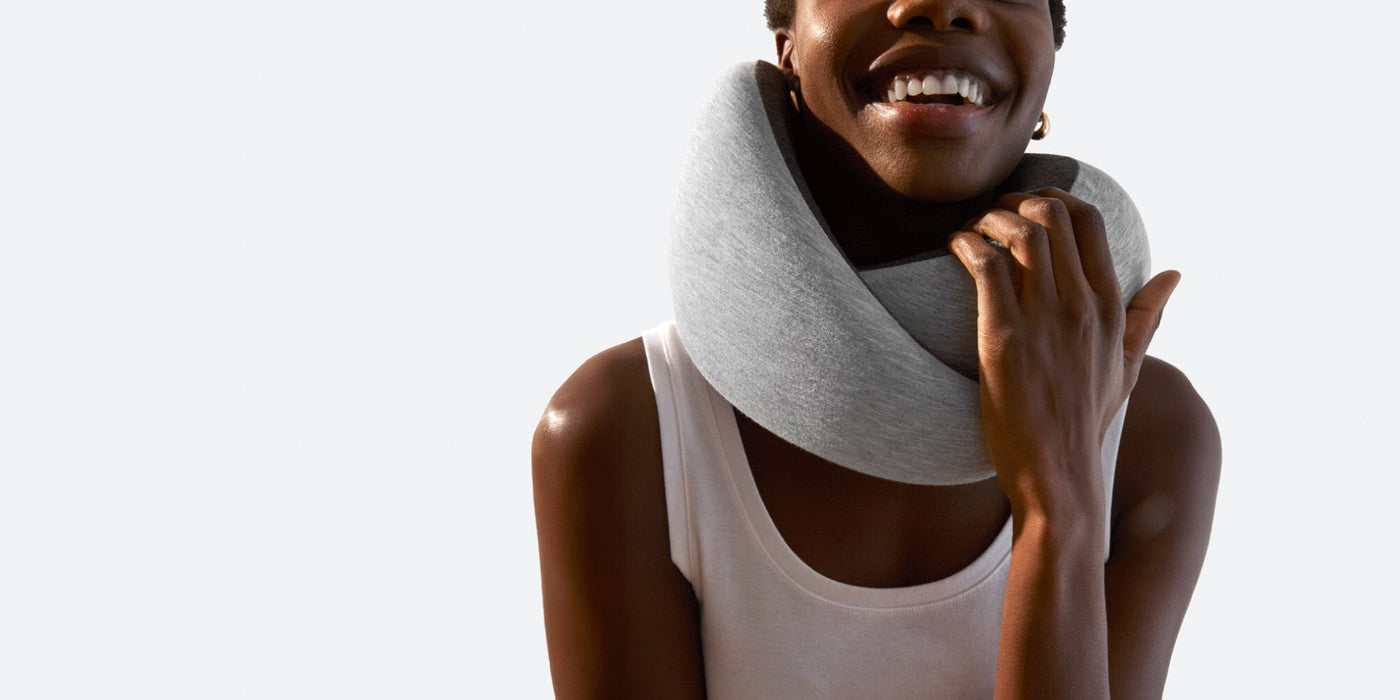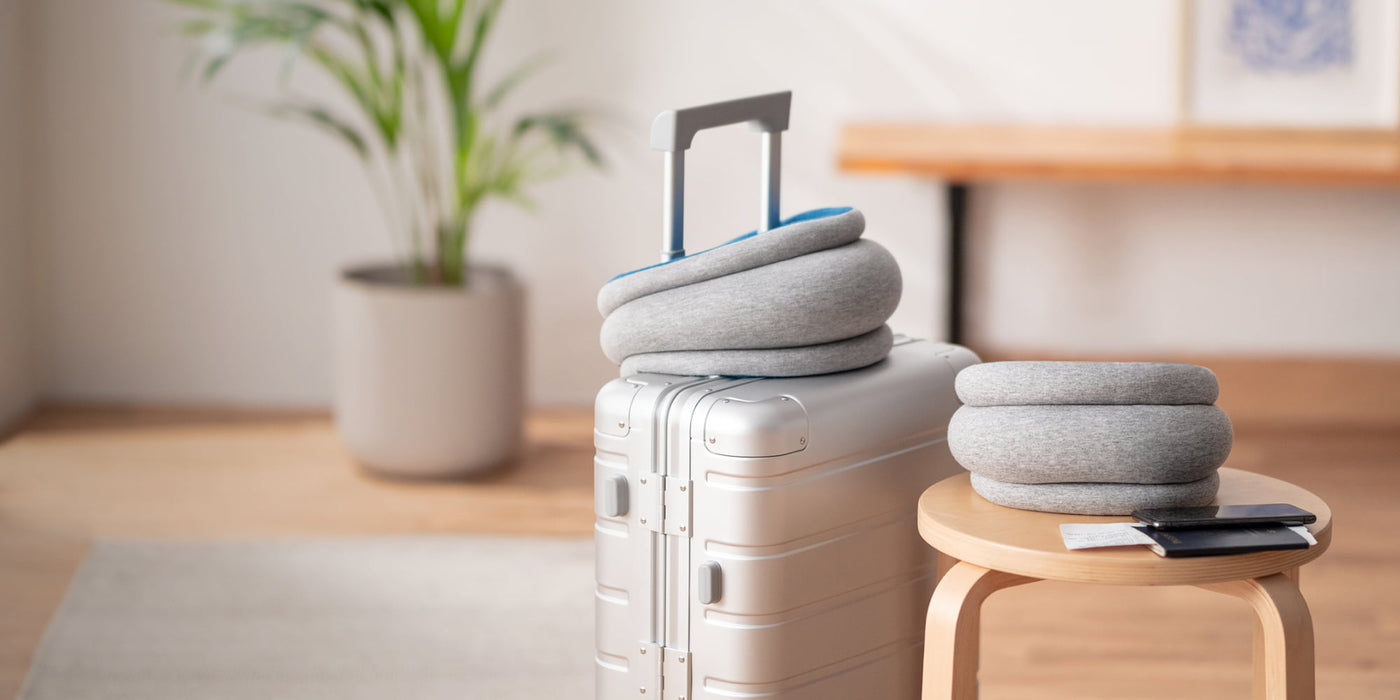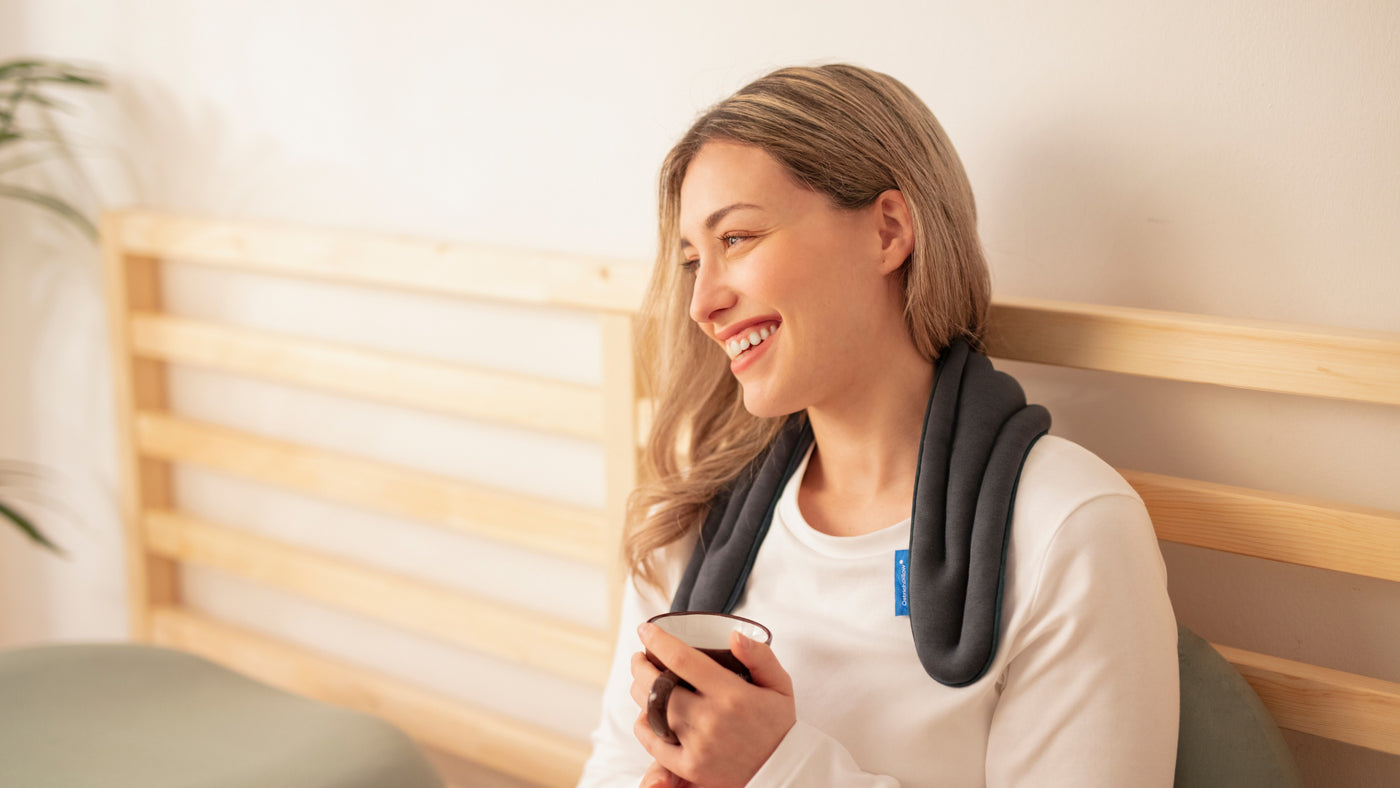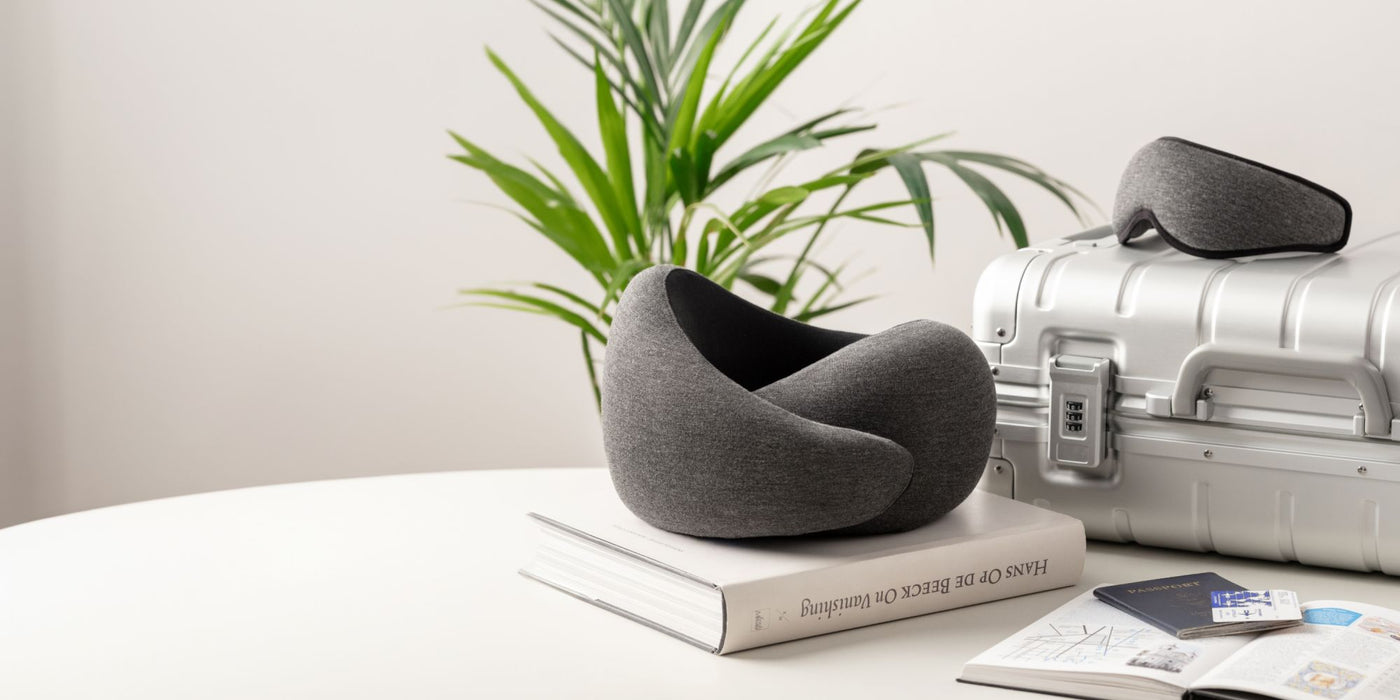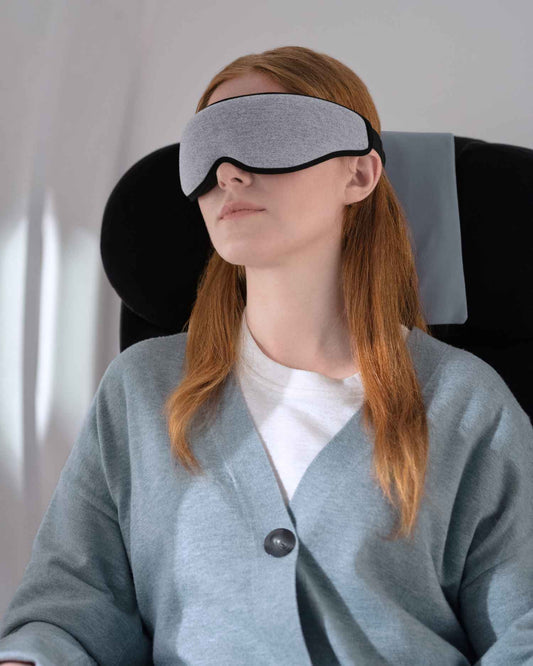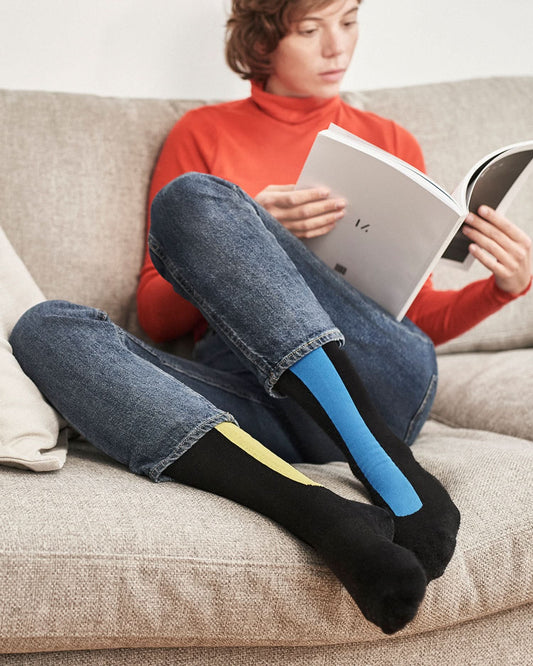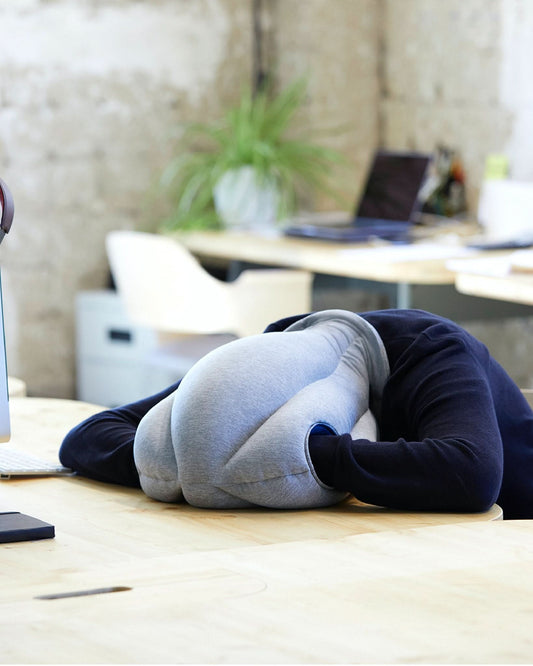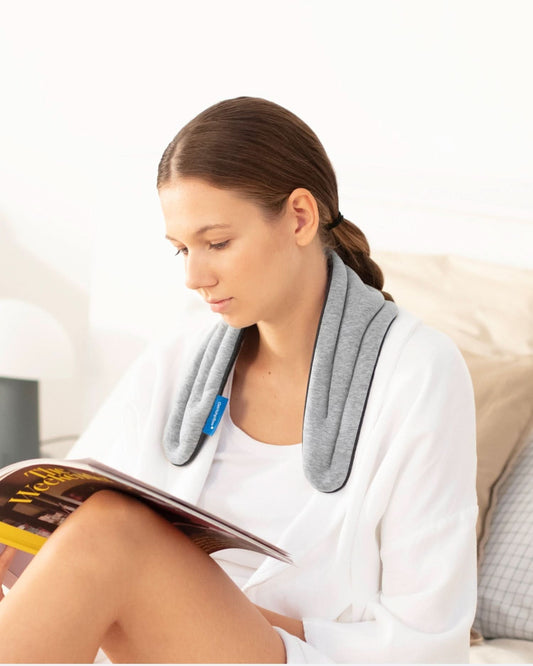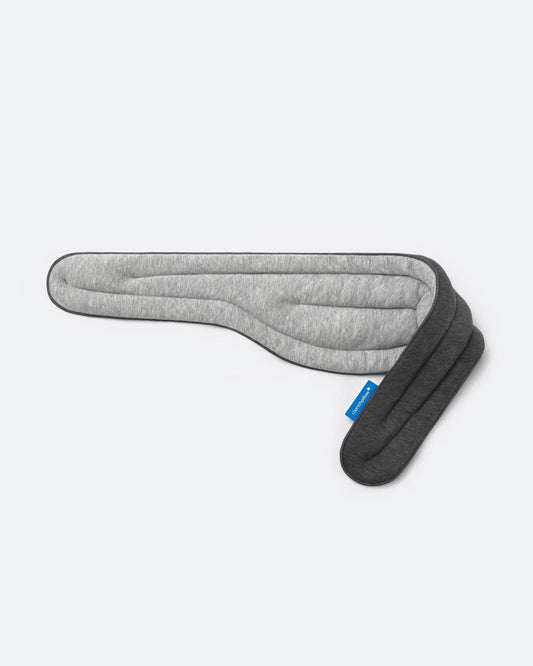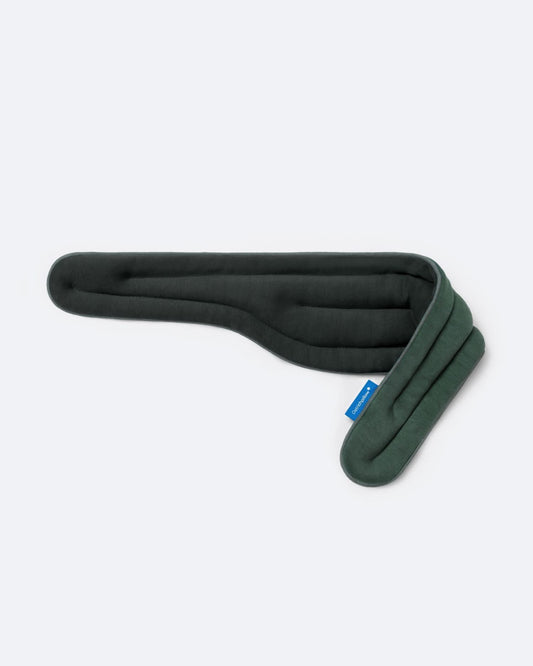
Once a year, everybody complains about the “lost” hour that happens when we reset our clocks for Daylight Savings Time. About six months later, the same people celebrate the “gained” hour when the clocks go back. Of course, nobody is really gaining or losing an hour — time stays the same, no matter what time our alarm clocks go off in the morning. But what does change is the feeling we may have when we have to wake up a bit earlier (or later) in the day. This phenomenon is due to our circadian rhythms, which are altered when we have to get out of bed at a different time. What are circadian rhythms, and how can we influence them to obtain better sleep and better overall health?
How to reset circadian rhythms
Circadian rhythms are the natural sleep and wake patterns everyone experiences over a 24-hour period. These patterns vary from person to person and may also change throughout our lives. Babies sleep much more than older children, and teenagers have a natural tendency to stay up later at night and wake up later in the morning — which can be a problem for teens who need to be at school bright and early.
People’s circadian rhythms can also be influenced by things like changes in their work schedules, traveling to a different time zone, or overstimulation from bright lights — including electronic devices like mobile phones, tablets, televisions and computer screens. The blue light emitted by these devices stimulates the brain to become more alert and aroused, which may alter natural sleep-wake patterns if you spend too much time looking at them in the evening, after the sun has gone down.

One way to help reset your sleep-wake patterns and nudge your circadian rhythm closer toward a healthy balance is to avoid viewing electronic screens late in the day, especially when you’re getting ready for bed. Try to turn off your devices at least an hour before bedtime, and make sure you allow enough time when going to bed to get between 7 and 9 hours of sleep.
Tools to help achieve a balanced circadian rhythm
Because excess light can disrupt your circadian rhythm, it’s important to practice good sleep hygiene. This could mean engaging in a calming routine before bed, including Self-Care like meditation, a warm bath, or reading a good book. It could also include eliminating light that could interfere with your wind-down routine. Try using blackout curtains during the summer months when the sun goes down later and you need to go to bed, or use a sleep mask that blocks out the light and lets you rest comfortably.

During the dark winter months, some people might find it useful to use an indoor lamp that provides the light to our brains that we lose when the sun goes down earlier. Many people experience seasonal depression, or SAD, which can be improved with light therapy lamps. To help obtain a healthy circadian rhythm, aim to relax in front of the lamp for an hour or so during the morning or afternoon, while at your desk or doing a sedentary task like reading or sewing.
Good sleep is a key component to good overall health, and maintaining a healthy circadian rhythm is an essential part of this objective.
Ostrichpillow.
Self-Care Matters.
Want to feel good?
At Ostrichpillow we're all about Self-Care and wellbeing. Join our community and you'll receive special offers and inspiration fresh to your inbox.
Photo by Julian Hochgesang on Unsplash
Photo by Beazy on Unsplash














